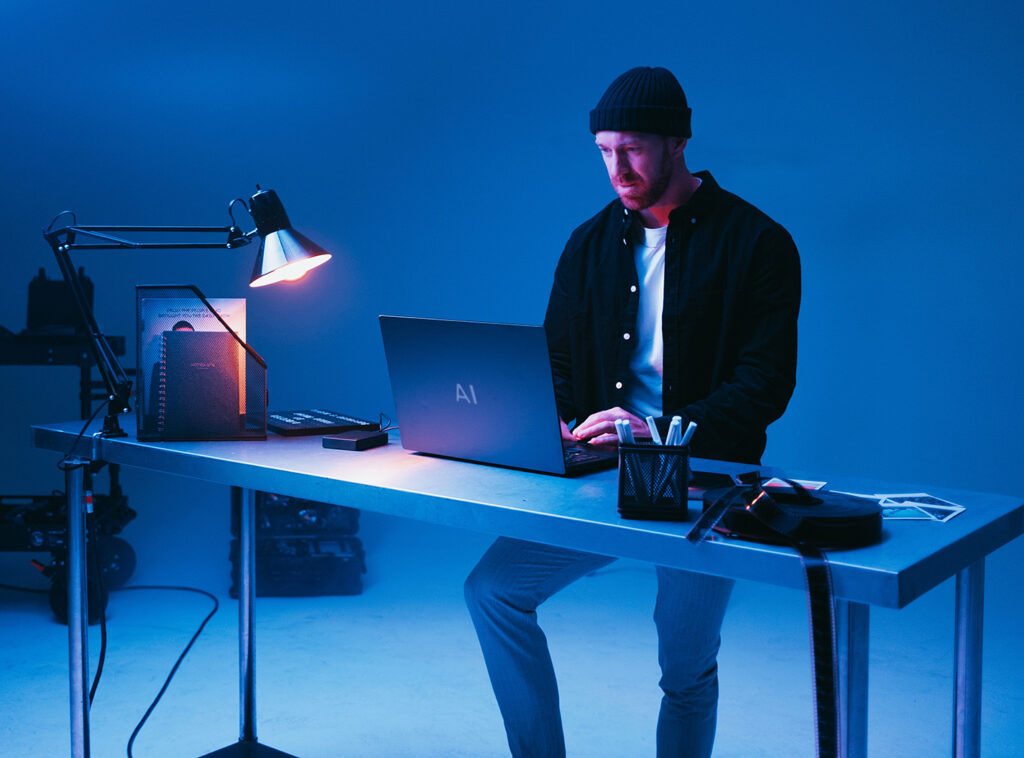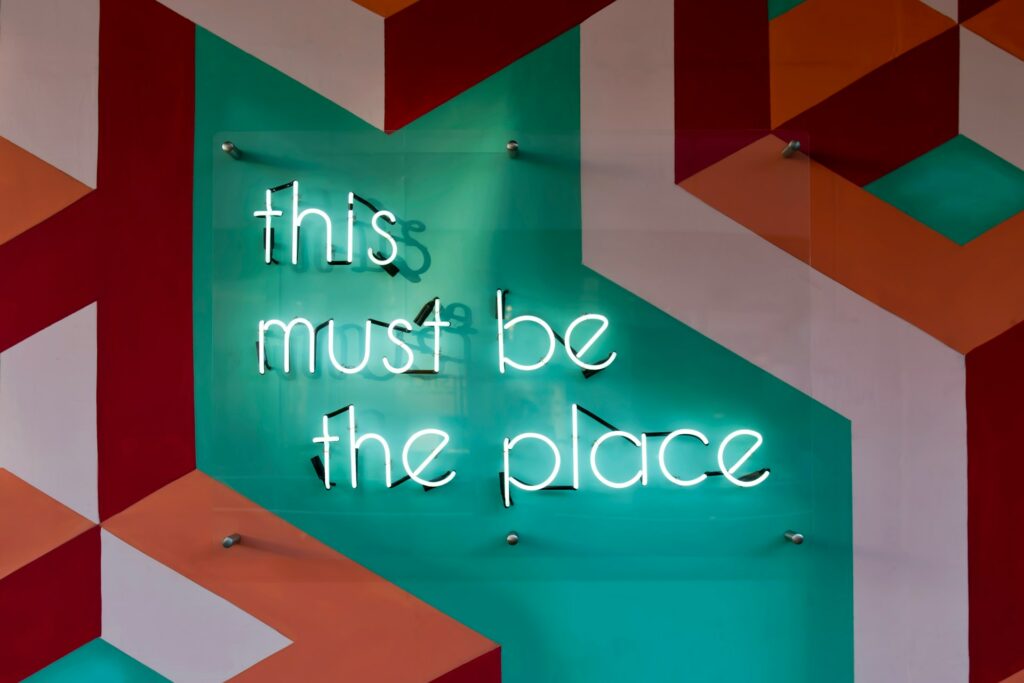
A good job interview performance requires preparation. To ensure you put your best foot forward, you should be thinking about how you want to be perceived, getting your message across and most importantly leaving a positive lasting impression on the person you are interviewing with. So, if you want to nail your interview and land yourself a new job, start with these top 5 things you can do to prepare for a job interview!
1. Do your Research
First off, you may be thinking “Duh” with this one, but we cannot stress enough how important it is to do your research on the company you are applying for. Think about this way: If you read up on the most recent information this company has spent time and resources on putting out there, it will definitely help you in your effort to speak their language.
Speaking their Language = Great Impression.
Doing your research on a company would often include the following:
- Checking out their website (to read up on their latest products, recent awards and even their most recent promotions).
- Social Media Accounts (look for content that highlights their culture and read company reviews).
- Recent Company News (Press Releases and general industry news are good resources for this).
- Research your Interviewers (do your best to learn about the person you are scheduled to meet with).
- Figure out your Compensation Range (Psst! we have a great resource for that right here: 2021 Salary Guide).
Summarize your findings in your notes, in your smartphone or make an audio recording, however you capture information, and you have already taken the first step to ace your interview.
2. Take Steps to Ensure No Mishaps (especially for Remote & Video Interviews)
“Can you hear me?”
“Are you there?”
“I can hear you, but I cannot see you”
Do any of these look familiar to you?
While technical mishaps are bound to happen, there are certainly ways you can prepare to not find yourself like this Texas Lawyer. Testing your audio and video is very important, but here is some other advice on avoiding mishaps that you may not hear as often:
When scheduling the interview, ask if there’s an agenda or anything specific you’ll need to prepare for in advance.
Find the right location for your interview (a professional setting that’s quiet, avoiding places like your car or other noisy environments).
Keep eye contact (wandering eyes and frequently looking away could be interpreted as a lack of confidence).
Put your notes in front of your camera, so you are looking straight ahead if you have to reference notes.
Besides ensuring your technology and interview conduct is in good shape, another clever strategy to mitigate mishaps is to craft answers around the questions you might get asked very often. For example, you should definitely come prepared with an answer for this question:
“Why do you want to work for this company?”
You should also be prepared to talk about any of your potential weaknesses or challenges you may have in this role. Having a prepared answer for those ones is a really good idea, too. This brings us to the next point.
3. Prepare Questions to Ask
It’s not only important to have answers prepared for your interview, but it is equally important to prepare questions to ask your interviewer or interviewers (since it’s likely you will meet with multiple people). We often recommend that you come up with different questions to ask the interviewers based on what you were able to find out about them in your research. You should also decide on one question to ask all of them so you can get a range of responses to the same question and piece the picture together that way. This will typically be your most important question. If you are struggling to come up with any good ones, give these a try:
Why did you join the company?
What has made you stay?
What would a typical day look like in this role?
If you had to pick one thing your company could do better, what would that be?
Could you speak to the company’s culture?
Whether this is your first interview or your one-hundredth, it’s a smart choice to think about the questions you may be asked, as well as the questions you yourself could ask this potential employer. To circle back to the top, this is where your initial research is once again a really helpful tool for you utilize. (Duh!)
4. Be Sure to Follow-Up
So, you’ve done your research, checked your tech, came up with questions and answers, what else could you possibly do for your interview? The answer is follow-up!
A lesser-known strategy for a successful interview and creating that lasting impression is how you conduct yourself after the interview has taken place.
While you may be thinking this is what happens after the interview is over, the reality is that this is an extension of the interview. The best advice here is to not be afraid to show your interest in the role. Cast any fear of rejection aside and let the interviewer know that you genuinely enjoyed the conversation and that you are very excited about the opportunity. Sincerity goes a long way, and there’s no exception here.
This is also a good time to ask to for direct feedback on how you did and what the next steps are for this opportunity:
“Could you provide me with any feedback or potential next steps I should expect from here?”
If you feel as though you came across as unclear, be sure to ask that as well:
“After our discussion, is there anything that I can provide further clarification on that would make me a stronger candidate?”
Lastly, we always recommend that you send a thank you email after the interview is in fact over. It does not have to be immediately, but you should consider sending it within 24-hours of when the interview took place. Here is where you want to thank them for their time, reiterate how excited you are about the role, and also take the opportunity to follow-up on any matters that may have come from the interview itself.
The follow-up allows you to show you have taken the time to think about how the interview went, and lets the interviewer know that you are a good communicator and that you possess a strong business acumen.
Finding someone to assist you in your job search can be very helpful, and that is something that we recognize here at 80Twenty. That is why we are always available to help you prepare for your next interview, because we want to see you succeed just as much as you. Working with a recruiter at 80Twenty can support you throughout your process by:
- Providing you an opportunity to prep for interviews and learn more insights into the company and interview process.
- What the hiring managers may ask and prep you before you go in, we’ll give you an opportunity to ask for support throughout the process. (besides reading this blog, of course).
- We are also more than happy to do a dry run of your presentation and provide feedback, should you require.
Do not hesitate to reach out and ask us for help!
Don’t believe us? Check out our Yelp Page and see for yourself!
Bonus: Believe in yourself!
Ultimately, you landed this interview because both the recruiter and hiring manager found your experience and background to be a good fit for the role you are about to interview with. There is a reason you are in this position and it is not because of dumb luck or because you’ve managed to fool these people (Hello Imposter Syndrome). Believe in yourself and your ability to go out and get that new job you deserve!
Luck favors the prepared, and if you take some time to get ahead of it and can show the hiring manager you have done your due diligence on the company and the role you are applying for; you increase your chances to land that new job by a large margin.
Good luck!
Annika Brytnse is the co-founder and CEO of 80Twenty, a company recognized as one of the fastest-growing companies in San Francisco, CA, under her leadership. With a rich background directing prominent Digital Media and Advertising agencies, Annika brings extensive expertise in Media, Marketing, Advertising, and Creative industries. Her profound understanding of these sectors has been instrumental in shaping 80Twenty's success and establishing it as a pivotal player in the industry.




